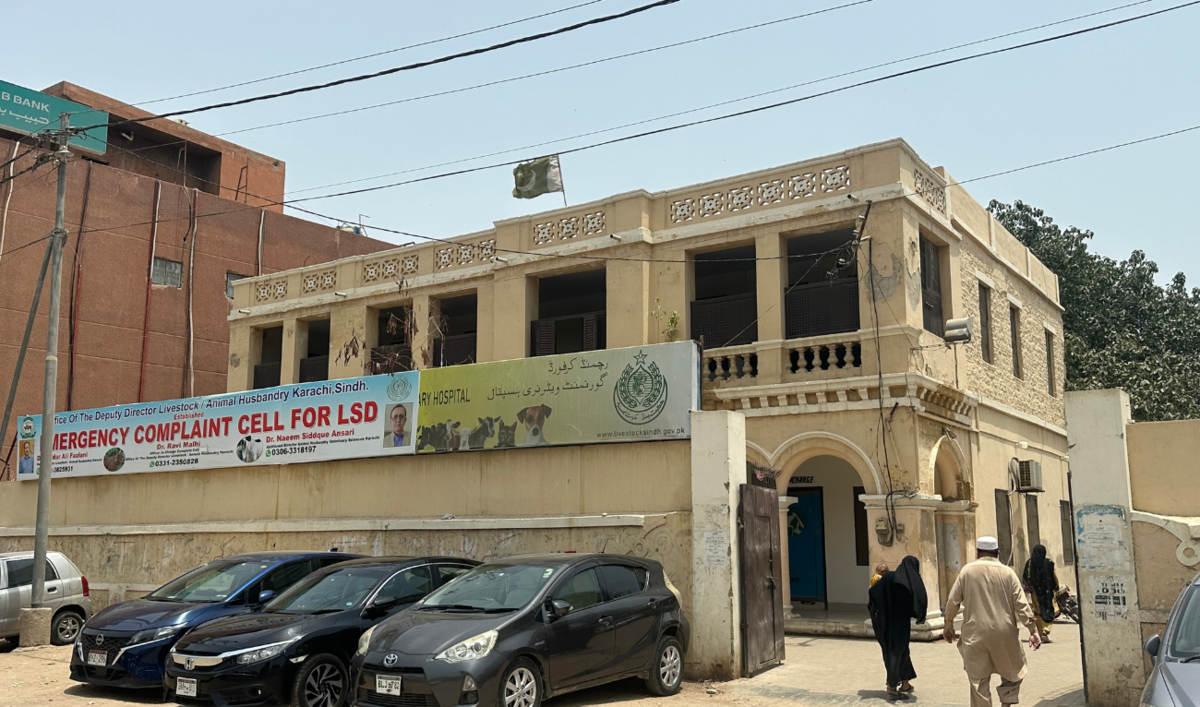ISLAMABAD:┬ĀPakistanŌĆÖs Defense Minister Khawaja Asif said on Monday a ceasefire with India was a ŌĆ£wonderful opportunityŌĆØ for the nuclear-armed neighbors to address outstanding issues, as their military operations chiefs were scheduled to hold talks.┬Ā
A fragile 48-hour-old truce appeared to be holding on Monday after both sides blamed the other for initial violations on Saturday night, hours after the US-brokered deal was first announced. There were no reports of explosions or projectiles overnight, after some initial ceasefire violations, with the Indian Army saying Sunday was the first peaceful night in recent days along their de facto Line of Control border.
SaturdayŌĆÖs ceasefire followed four days of intense fighting with drones and missiles and gun fire exchanges across the Line of Control that divides the disputed Kashmir valley into parts administered by India and Pakistan.
ŌĆ£I think this is a wonderful opportunity for us [Pakistan] and even India to resolve the outstanding issues,ŌĆØ Asif said while speaking to Geo News outside parliament. ŌĆ£Kashmir, terrorism and water, these are matters that exist not from today but 76 years.ŌĆØ
He said the two nations should discuss all issues, although water sharing had already been addressed by the Indus Waters Treaty that India unilaterally suspended during the recent tensions. The treaty is an international agreement between India and Pakistan, brokered by the World Bank in 1960, that divides the waters of the Indus River basin between the two countries. Specifically, it allocates the eastern rivers (Ravi, Beas, and Sutlej) to India and the western rivers (Indus, Jhelum, and Chenab) to Pakistan. Pakistan has warned that it would see any attempt to stop or redirect the flow of its waters as ŌĆ£an act of war.ŌĆØ┬Ā
Asif also expressed support for TrumpŌĆÖs offer to assist in resolving the Kashmir dispute. New Delhi has always insisted Kashmir is a bilateral matter and not allowed any third party mediation.┬Ā
Before the ceasefire took hold on Saturday, the arch rivals had targeted each otherŌĆÖs military installations with missiles and drones, killing dozens of civilians as relations turned sour after India blamed Pakistan for a militant attack that killed 26 tourists on Apr. 22. Pakistan denies the accusations and has called for a neutral investigation.
India said it launched strikes on nine ŌĆ£terrorist infrastructureŌĆØ sites in Pakistan and Pakistani Kashmir on May 7, but Islamabad said those were civilian sites, hitting back with missiles and drones in a confrontation that went on for four days.┬Ā
SaturdayŌĆÖs truce was first announced by US President Donald Trump. US officials also said the two nations had agreed to hold talks on a broad set of issues at a neutral site though no date has been announced yet.┬Ā
Kashmir has been a bone of contention between the two countries since independence from British colonial rule in 1947. Both countries claim the Muslim-majority region in full but govern only parts of it. They have fought two of their three wars since 1947 over the disputed territory.┬Ā
Islamabad has thanked Washington for facilitating SaturdayŌĆÖs ceasefire and welcomed TrumpŌĆÖs offer to mediate on the Kashmir dispute with India but New Delhi has not commented on US involvement in the truce or talks at a neutral site.
┬ĀWith inputs from Reuters

















